OFAC encourages art sellers to implement a sanctions compliance program
From November, the art world will be the latest sector to come under regulatory scrutiny, with the U.S. Treasury Department releasing an advisory suggesting that sanctions will be placed on those involved in the sales of art.
The advisory, from the Treasury’s Office of Foreign Asset Control (OFAC), stated that the lack of transparency and high degrees of confidentiality in large-amount art transactions make the market enticing for individuals and entities engaged in illegal financial activities.
As such, galleries, museums, and other market participants have been advised to introduce enforcement programs to reduce such risks.
HIGH-RISK ACTIVITIES
With thousands of art works and billions of dollars changing hands each year, the art world is at potentially rife with high-risk activities such as money laundering, hidden transactions, concealed identities, and the creation of shell companies. Couple that with the sector’s high lack of transparency, and the excessive confidentiality involved in large-scale art transactions, and you have all the vulnerabilities required for covert criminal activities.
In the advisory, the OFAC claimed that shell companies and intermediaries are often used for the acquisition, holding, selling, and payment of artworks, and that blacklisted persons or organisations could use high-value artwork transactions to enter American financial networks.
As a result of these illegal activities, the new sanctions aim to stop criminals from manipulating the vulnerabilities of the industry by emplacing strategies to stop those involved from hiding their identity and concealing criminal activities from law enforcement authorities and regulators.
INCREASED MONITORING
With the US Treasury Department vowing to monitor the situation ever more closely, art galleries, museums, private collectors, auction firms, agents and brokers will need to respond to the strict regulations – a challenging feat for a sector which has, thus far, experienced little in the way of regulation.
The new sanctions will also cover trade involving blacklisted individuals, especially should the work be deemed an investment asset or an exchange mechanism for financial assets such as cash, gold, or cryptocurrencies.
STATE-OF-THE-ART SOLUTION
Fortunately, software leaders such as iSPIRAL have already developed advanced solutions to help companies involved in art transactions deal with the new sanctions.
Chief amongst these solutions is RegTek+, state-of-the-art software which automatically ensures any business stays in line with the ever-changing regulations. Which allows those in the art world to comply with any and all regulations and sanctions, and focus on what really matters.



